Sweet meat! Slate gray on the outside, vibrant orange on the inside, this beautiful winter squash looks practically prehistoric with its mottled spots and enormous size. Even its seeds exude large life; the rich, plump, white packets are primed for growth. This winter squash is also fortunately amazingly delicious, assuming a name that describes it’s fleshy insides so well.
So, naturally, after growing over 100 pounds of this nutrient-dense monster that could serve as a food group on its own, we wanted to grow more. The winter of 2014 was a good one, as we rolled into 2015 with a heavy store of sweet potatoes and sweet meat for carby eating. In fact, one of these sweet meats (though, an admittedly tiny four pounder) lasted 10 months on the shelf (and only succumbed to our decision to eat it).
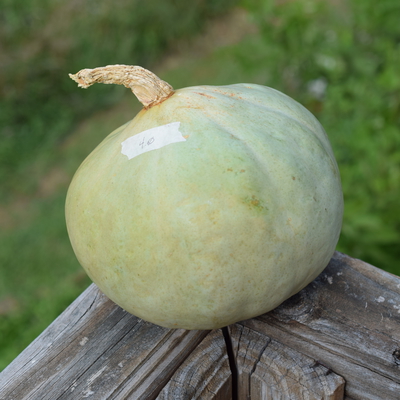
All right. 2015. New year. Check the list:
- use an area previously under chicken deep-litter rotation (soil fertility, check!)
- apply a little extra compost for good measure (extra soil fertility, check!)
- don’t plant in the same spot (crop rotation, check!)
- water if necessary (hydration, check!)
- direct seed (don’t harm an otherwise good plant by bothering its taproot according to Carol Deppe, check!)
And the result:
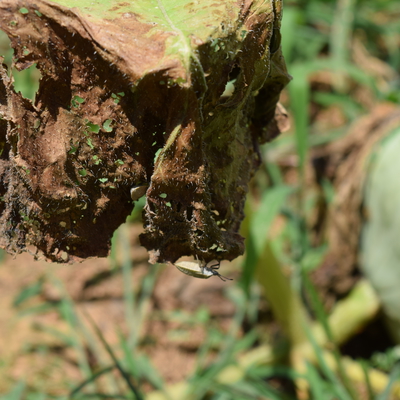
Failure. But why? Look haaaarder.
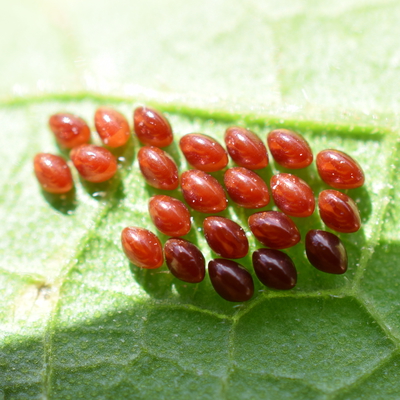
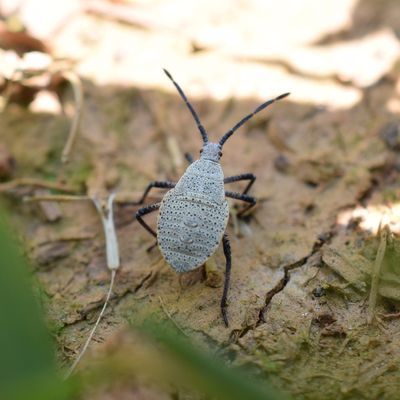
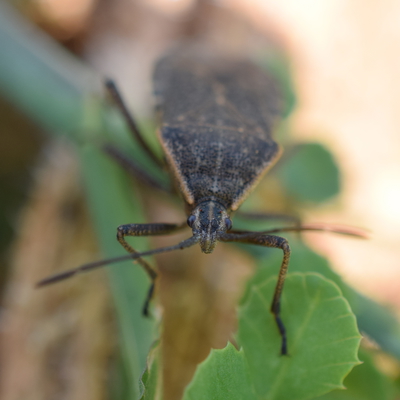
Aww, little eggs. And look, a cute little friend for our squash plants. And wow, all the health-conscious adults are trying to do the right thing by feeding their youngins beautiful green salad. Fresh. Straight off the vine.
Fine. So just do the thing, right? Crush em. Spray em. Murder em. Pests. Hey, it’s a tradeoff. You want to eat, right?
Yeah, no. I mean, there are only like five bullets on the checklist up there. It’s practically: “I planted, and watered, and the bugs ate it.”
Uh huh. Let me ask:
- How’s that soil pH?
- When were those seeds planted?
- Would physical barriers help?
- Would you consider destroying the sun if it provided just a little too much heat to grow squash?
- Anything unusual about this year?
- Does the new area get different amounts of sunlight?
- How does the area drain?
- What surrounds the new area?
- About that mulch, did you do a good job this year?
- Does it make sense to grow winter squash every year?
Those little guys up there? Indicators. Not pests.
Winter’s a good time to ask questions, review notes, and determine trials for next season. It’s also a good time to eat sweet potatoes.
Winter squash? Eat em if ya got em.
comments powered by Disqus
